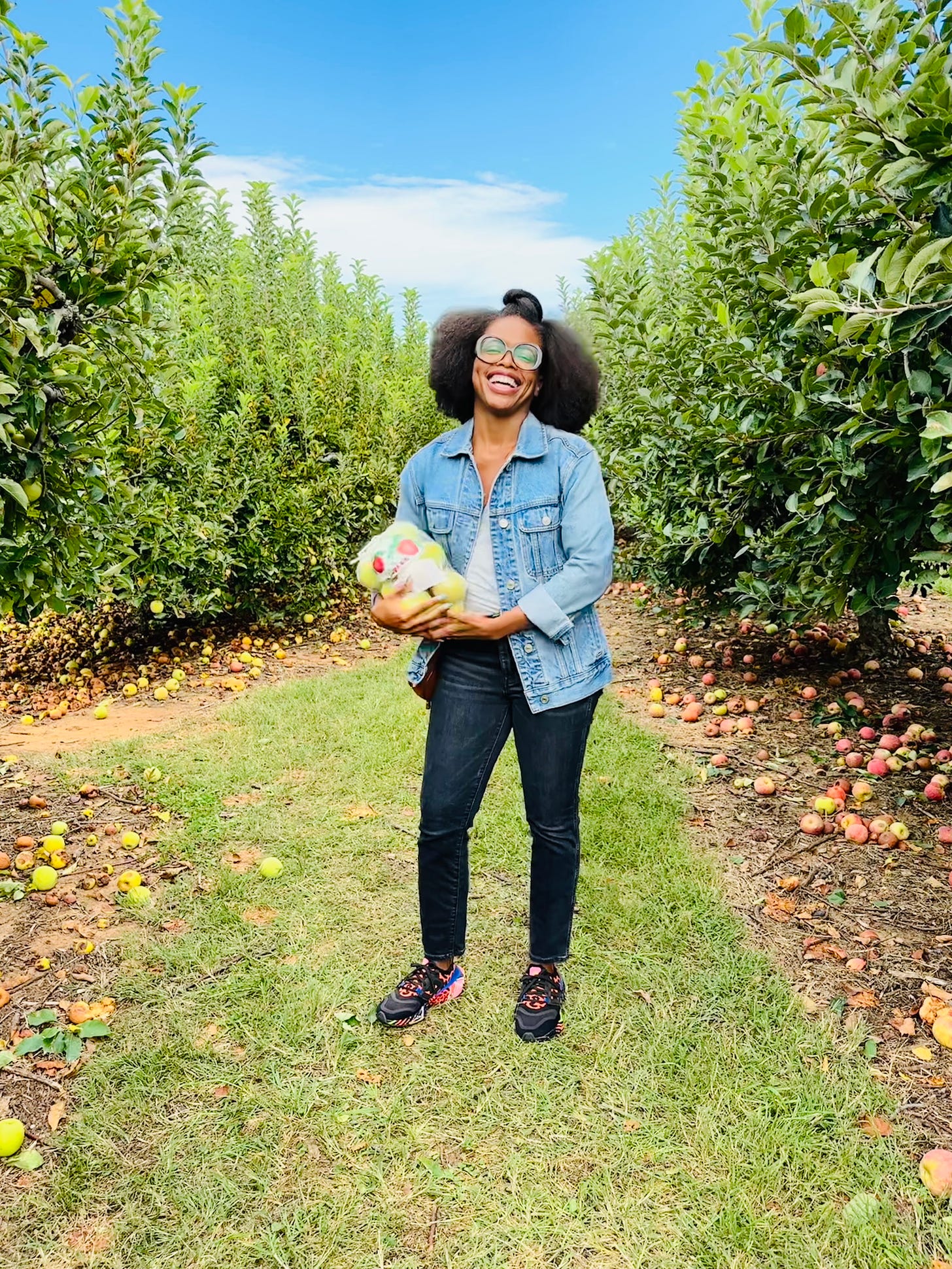You Won’t Always Be Right
Recognizing that our way isn’t the only way and there are things we just can’t know
There is a lot of confidence and prestige that is assumed when we have information that other people don’t have, or when we have some insight or insider information that others don’t. I was out with friends and we were talking about one of their son’s going to college. In the middle of our conversation, this woman came over and said, “I couldn’t help but overhear…” and then launched into all of this unsolicited college information and advice.
She let us know she was a guidance counselor, and gave us a list of things we needed to do. What she told us wasn’t actually very useful, but she seemed really excited to share it. There was something about having that knowledge and her assumption that she knew best, that made her feel good, and she’s not alone in that. There are a lot of us that like knowing things other people don’t and who enjoy the feeling of being right.
On occasion we may be the person who insists on being right. When that happens we have to ask ourselves what that’s about.
What role is my ego playing?
How do I feel when I know more information than other people?
How do I feel when I know less?
How do I feel when I realize I am wrong about something?
How do I feel when I am corrected?
One thing that would be worthwhile for all of us to practice is using the statement, “I don’t know,” or asking the question, “Can you tell me more?” Some adults will behave like children and make up knowing things. There is something primal in us that bristles against not knowing or knowing less than someone on a particular topic. When those moments happen we have to examine them.
There are multiple ways to do many things. I know this because when I’m trying to do something new, one of the things I love to do is research how to do it. If I am learning how to garden, I’ll read a few different gardening books because everybody’s technique is a little different. One person may say to add eggshells to the soil. Someone else may swear by putting banana peels in there. Another group of people may insist the best thing for the soil is epsom salts. There are so many different ways to fertilize the soil. We can’t possibly know them all, and just because someone’s way is different from ours doesn’t make it wrong.
I am proud to not know things. I don’t watch the news, so I am often shocked or surprised when people share things with me. I found out about COVID the Tuesday before the shutdown, that’s how much I don’t keep up with the news. In that instance, it was pretty terrible, but sometimes it works in my favor. There is a lot going on in the world at all times, and I don’t need to know it all. It’s great to be in conversation with people because I am able to learn from them. Feeling the need to know and have answers for everything doesn’t leave a lot of room for the gray areas of life. It doesn’t leave room for nuance and growth.
When you are wrong, admit it. When someone makes a mistake, lead with compassion. You don’t need to say “I told you so.” You don’t need to be right all the time, and when you try to be it damages your relationships. People feel like they can’t make mistakes with you. They feel like they can’t be imperfect with you. It puts up walls and discourages authenticity and vulnerability.
Journal Prompt
How important is it to you to be right? How do you behave when you are wrong?
A Few Things That Caught My Attention This Week
Ambivalent Relationships are More Toxic Than Negative Ones Says Wharton Psychologist: How to Set Limits With a Frenemy, by Aditi Shrikant on CNBC.
How to Set Boundaries and Find Peace (with Nedra Glover Tawwab) on the TED Audio Collective channel on YouTube.
Nedra Tawwab on The Freedom (and Health) of Self-Expression, on the Beyond the Prescription podcast. You can listen to this episode on Apple Podcasts, Spotify, or wherever you stream podcasts.
Our Sense of Time is Way Off – Especially Time We Spend on the Internet, by Julie Jargon in The Wall Street Journal.





So good.
Good stuff.